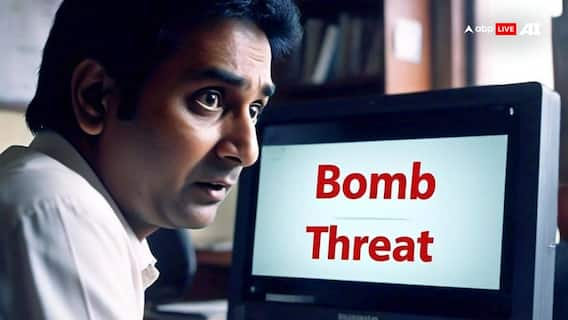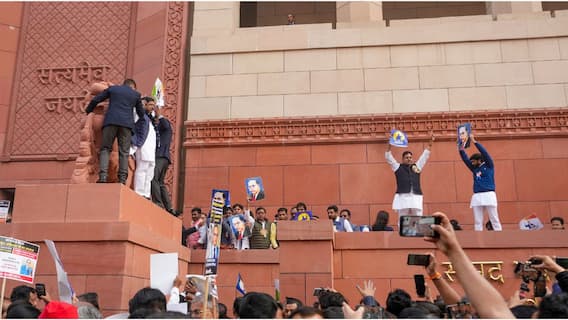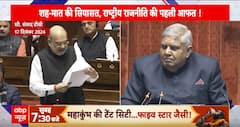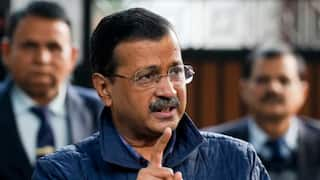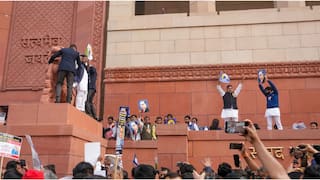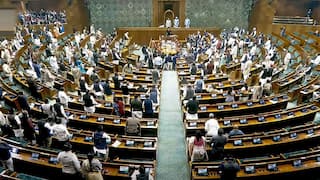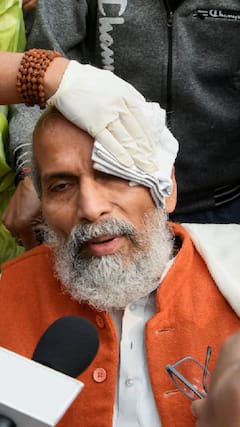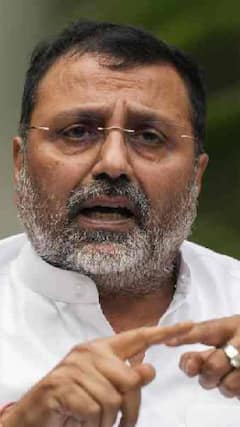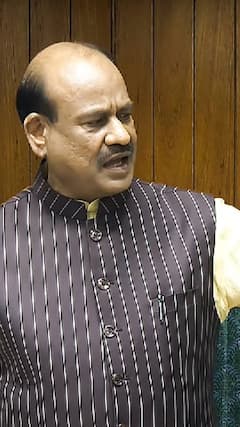5 Years Of GST | The Journey So Far And What Lies Ahead For India's Indirect Tax Regime
Finance Minister Nirmala Sitharaman on Friday announced the GST revenue collections in June 2022 was up 56 per cent year-on-year to over Rs 1.44 lakh crore

The Goods and Services Tax (GST), one of the biggest tax reforms that the country has ever had, completed its 5-year journey on June 30 (Thursday).
A nationwide GST, which subsumed 17 local levies like excise duty, service tax, VAT, and 13 cesses, was rolled out at the stroke of midnight on July 1, 2017.
The motto of the GST – One Nation, One Tax – has been the driving force behind its introduction and has brought about 13 lakh taxpayers into a unified indirect taxation system. The ultimate idea behind the implementation of the GST was that it would offer a win-win situation for all, be it the government or taxpayers.
However, in its half-a-decade journey, the GST has experienced many hits and misses, as over the years it has changed drastically.
According to tax experts, India has not seen much tax reforms to date as sweeping as the GST. This was the reform which everybody wanted to happen. The tax brought about a paradigm shift in use of technology to bring about tax compliance and making over Rs 1 lakh crore revenue collection every month ‘a new normal’.
Four-rate structure
Currently, a four-rate GST structure that exempts or imposes a low rate of tax of 5 per cent on essential items and top rate of 28 per cent on cars is levied. The other slabs of tax are 12 and 18 per cent.
During the pre-GST era, the total of VAT, excise, CST, and their cascading effect led to 31 per cent as tax payable, on an average, for a consumer. Besides, there is a special 3 per cent rate for gold, jewellery and precious stones and 1.5 per cent on cut and polished diamonds.
The GST revenue collections in June 2022 was up 56 per cent year-on-year (YoY) to over Rs 1.44 lakh crore, Union Finance Minister Nirmala Sitharaman announced on Friday. The gross GST collections in June is the second-highest, next to the April 2022 collections of Rs 1.68 lakh crore.
Fiscal federalism
The GST also represents an unprecedented exercise in fiscal federalism as the Centre and states come together in the GST Council to thrash out modalities for smooth functioning of the relatively new tax regime. So far, the Council has met 47 times and has taken measures which made Rs 1 lakh crore GST collection per month ‘a new normal’.
GST Council
Over the past years the government has been proactively issuing circulars and clarifications to clear doubts regarding taxation under GST and ensure ease of doing business. More recently, the GST Council, in its 47th meeting in Chandigarh, has decided to ease compliance for small taxpayers who supply through the e-commerce platform.
Such suppliers, who make only intra-state supplies, need not seek GST registration if their annual turnover is less than Rs 40 lakh in case of goods and Rs 20 lakh in case of supplies.
Use of technology
To help tax officers in administration, GST Network, which provides the technological backbone for the indirect tax regime, has been using artificial intelligence and machine learning to dish out newer data and plug revenue leakages.
Tax experts, however, seek a simpler structure for GST, a structure which would ensure seamless flow of input tax credit through the entire supply chain without losses, according to news reports.
As reported by the PTI, BDO India Partner and Leader, Indirect Tax Gunjan Prabhakaran, said over the past five years, the GST law has evolved and mitigated several issues faced by the taxpayers through timely clarifications and amendments.
"However, the GST Council and the government should quickly address few other hardships faced by taxpayers in relation to unwarranted and excessive issuance of show cause notices and introduce a robust, technology driven single assessment process, which would achieve the twin objective of ease of doing business and remove the cascading effect of taxes".
AMRG & Associates Senior Partner Rajat Mohan said in the past five years, GST law has matured at a fast pace. First, the focus was on compliance and technology; sooner than later, it moved gears, and taxpayers were posed to self-regulate the annual filings. "Now it seems the law has entered the next phase whereby litigation needs to be reduced by either replacing ambiguous tax laws or clarifying the practical application of technical issues. Businesses expect the government to resolve all sectoral issues like would BPO/KPO qualify as an intermediary, tax credit for capital expenditure on building, levy of GST on Extra Neutral alcohol etc,” Mohan said.
Drawbacks
However, it is still a long way to go for the GST administration to achieve the full potential of GST and make it a true ‘good and simple tax’.
With petrol, diesel, ATF outside the ambit of the GST, a large part of the economy is still not covered by the indirect tax regime. Inclusion of petroleum products under the GST net, could reduce cost for companies, according to tax experts.
With emerging technology, there is emergence of newer asset classes like the virtual digital assets or cryptocurrency. There is a need for clarity on whether they would be classified as supply of 'goods' or 'services' and what would be the tax rate on them.
Tax rate rationalisation is something which would happen sooner or later. Current inflationary concerns may have derailed the plans to tweak rates and GST slabs, but it would eventually be a reality as both the Centre and states need revenues and lesser slabs would mean a simplified tax regime.
Criticism
In its 5th anniversary, the GST has attracted criticisms. Senior Congress leader P Chidambaram said that the GST had serious “birth defects” which became only worse over the last five years. He said the GST laws and the manner of their implementation have “wrecked the economy” and the party will work toward its replacement by GST 2.0.
Chidambaram said the GST “celebrates” its fifth birthday on Friday but there is nothing really to celebrate. “The GST had serious birth defects. In the last five years these defects have only become worse and all those touched by GST have been seriously injured,” said the former finance minister.
Trending News
Top Headlines








